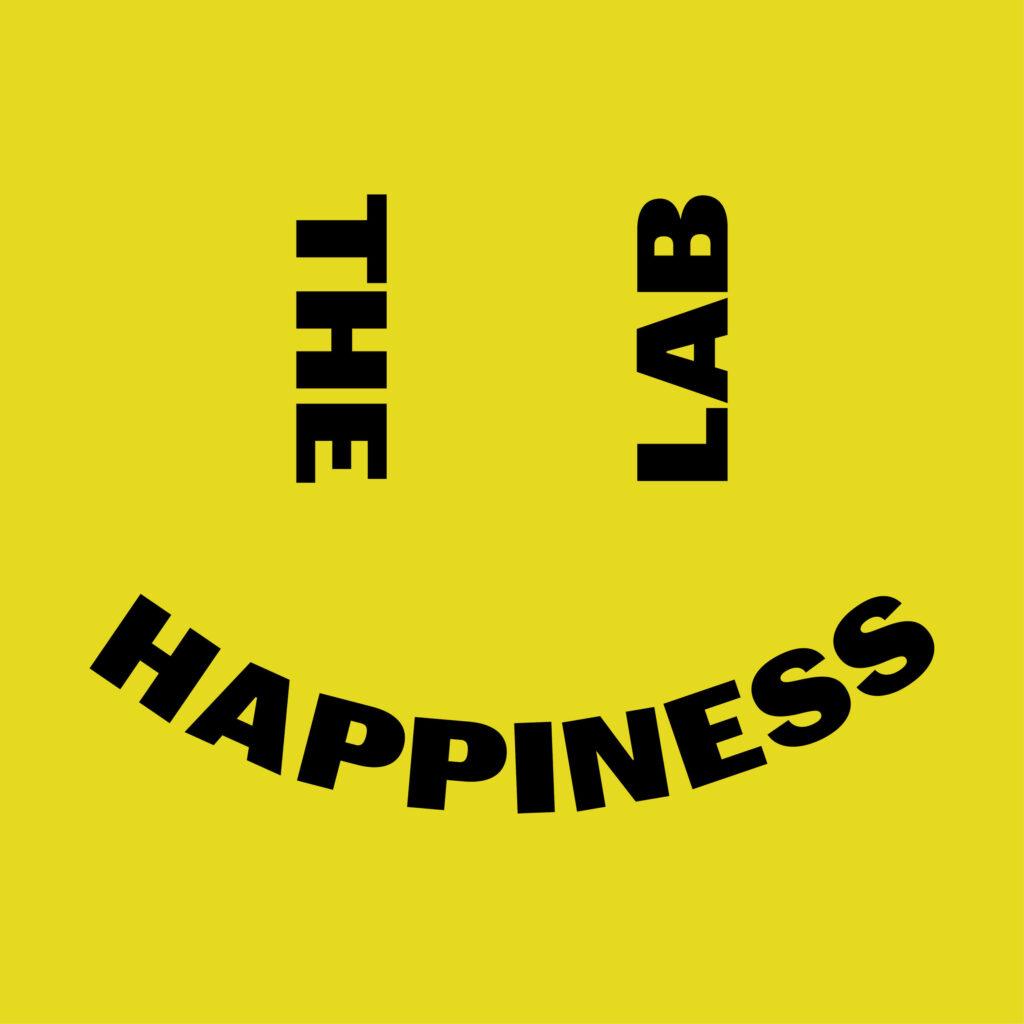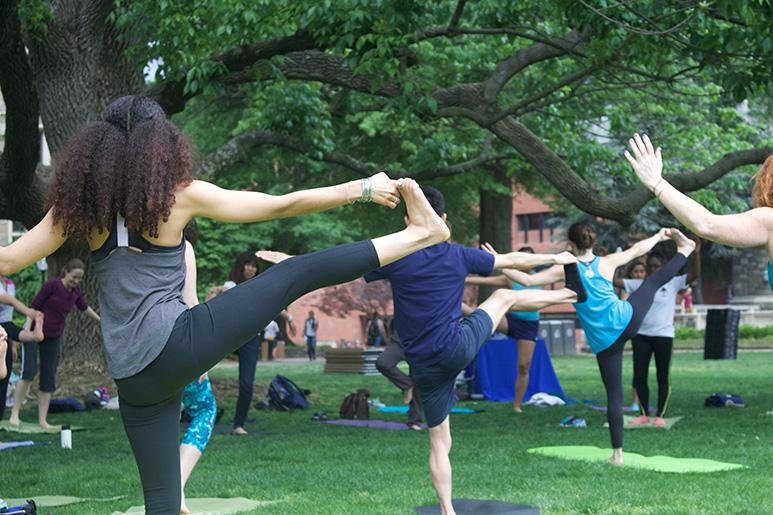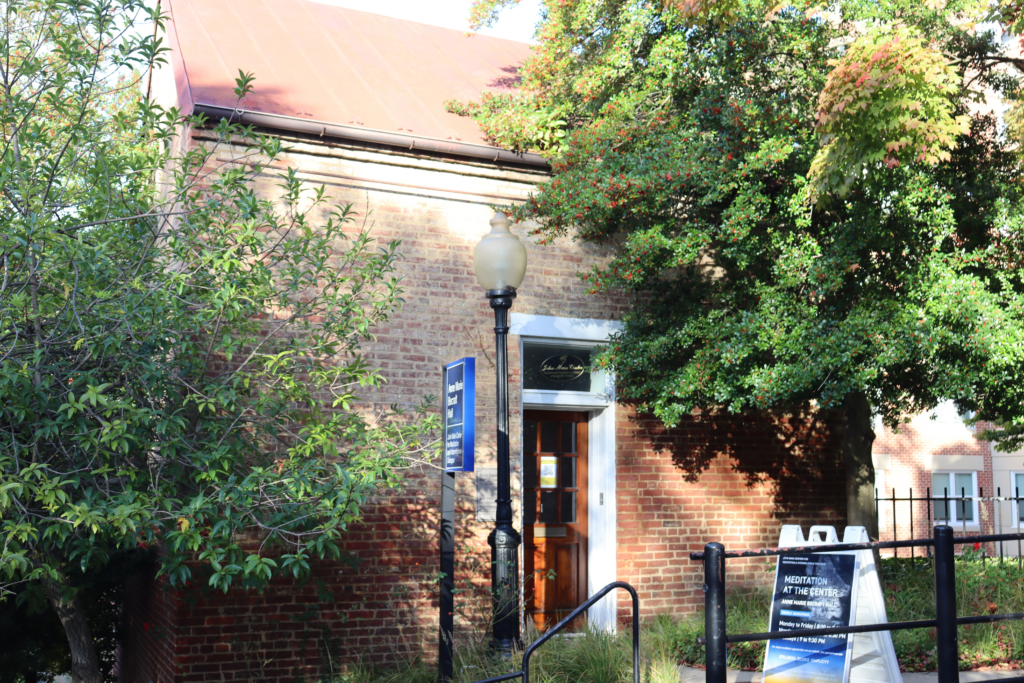★★★★★
Upon returning to campus in August, the joy of being back in person was widespread.
The thrill of spontaneous conversations, connecting with old friends and engaging with classmates made for widespread feelings of excitement, but now that midterm season is in full swing, campus has adopted a more muted mood. However, look no further than “The Happiness Lab,” a podcast from Yale psychology professor Laurie Santos for ways to hold onto that joy and make the most out of your time in college and beyond.
“The Happiness Lab” offers insight into a wide range of perspectives and ideas about happiness and offers evidence-based strategies for improving personal happiness. A compelling mix of neuroscience and psychology with personal stories relating to happiness makes the podcast a captivating listen, and Santos’ soothing and compassionate tone adds to its comforting nature.
One episode, “Psychopaths and Superheroes,” even features Georgetown University’s own Abigail Marsh, a professor in the department of psychology and the interdisciplinary program in neuroscience.
After being saved from a near-death experience by a stranger when she was a teenager, Marsh set out to study the psychology behind altruism and what motivates people to do good deeds and help others. Her research has uncovered many interesting findings that she discusses in the episode, such as altruism making people happier and personal happiness being a major reason people engage in good deeds.
The episodes explore aspects of happiness, and at the end of each episode, Santos gives tips for improving happiness based on that week’s topic that range from making small changes to addressing larger habits and attitudes.
Notable other episodes include “The Power of a Made-up Ritual,” which discusses the power of personal or cultural rituals to help people work through grief and “Working Your Way to Happiness,” which details how to get more fulfillment from your work. Both episodes leave listeners with useful advice and inspiration in seeking to boost the discussed aspects of their mental health.
Many episodes incorporate interviews that add a personal dimension to the topic or an interesting academic perspective. In “A Silver Lining,” for instance, Santos interviews figure skater Michelle Kwan about winning a silver medal at the Olympics, and how social comparison and external reference points can make even positive events feel like unhappy occasions.
Many episodes are applicable to young people’s experiences in a competitive academic environment. “Dial D for Distracted” discusses building a healthier relationship with smartphones, and “Making the Grade” considers how academic pressure around grades leads to stress and anxiety.
“The Happiness Lab” manages to keep a positive, uplifting tone without descending into toxic positivity. Santos and her guests are candid about mental health struggles and grief, and encouragement to become happier never overlooks the fact that listeners may be facing the challenges.
A happiness podcast can fall into the trap of assuming its listeners are all starting at a neutral emotional baseline, but “The Happiness Lab” approaches topics with sympathy in a way that is accessible to people in a wide variety of places on their mental health and wellness journeys.
However, certain episodes tend to speak to more affluent listeners.
For example, in “For Whom the Alarm Clock Tolls,” Santos discusses “time famine” and the negative impacts of American productivity culture on happiness. The interviewee for this episode encourages idleness or setting aside time to do nothing every day to improve happiness.
While this episode provides an important critique of the way that busyness is often wrongfully rewarded by corporatist culture, it also assumes that working too much is a choice and not a necessity for many people in order to make ends meet. Focusing on personal changes people can make, while a deeply important endeavor, can occasionally pull focus away from the common social barriers to happiness.
Despite its occasional shortcomings, listening to “The Happiness Lab” is a consistently relaxing and enjoyable experience, and Santos’ attitude refrains from the judginess or patronization one might expect of a wellness podcast host. As an undergraduate professor, Santos is deeply understanding of and responsive to the stressors faced by many college students at competitive universities.
If incorporating an uplifting, engaging and calming piece of content into your wellness routine seems appealing, “The Happiness Lab” is a wonderful choice that is equal parts thought provoking and profoundly encouraging.

















